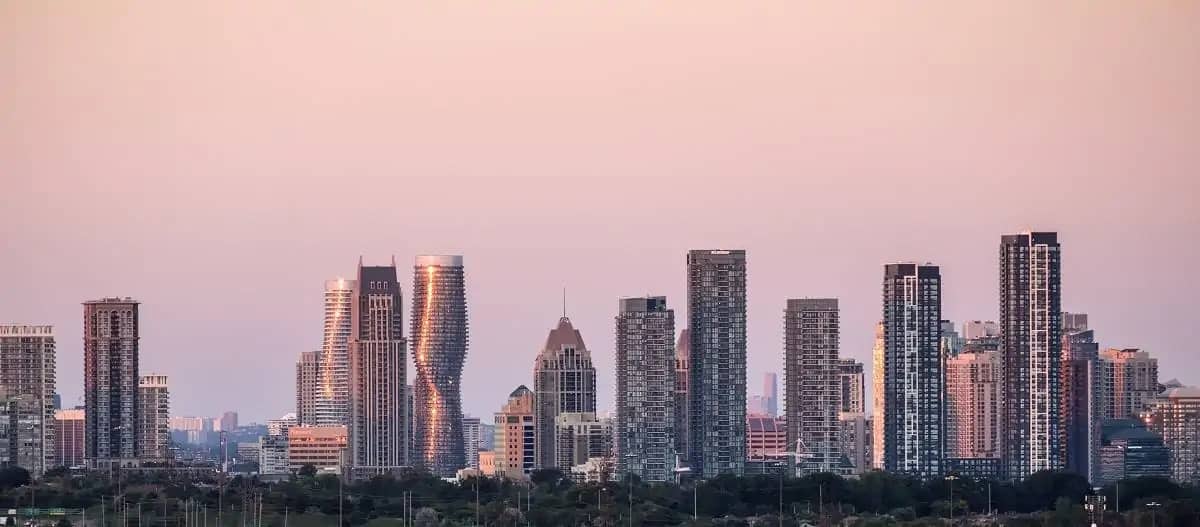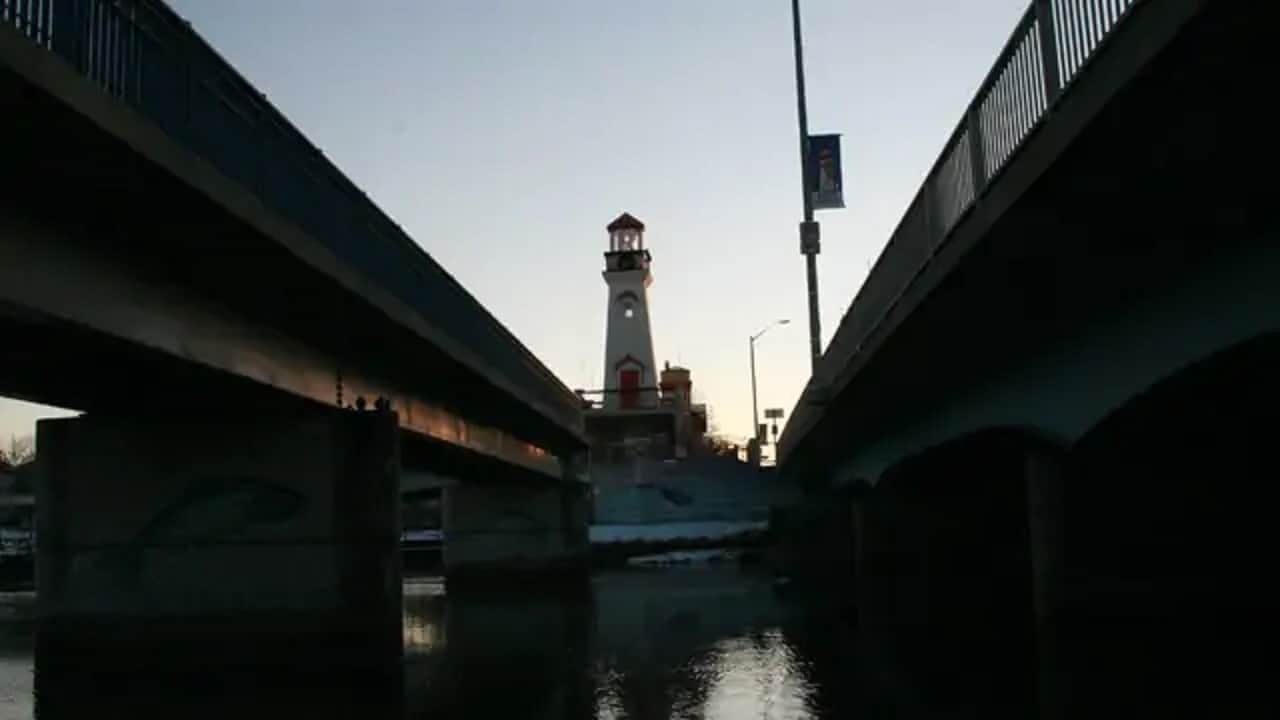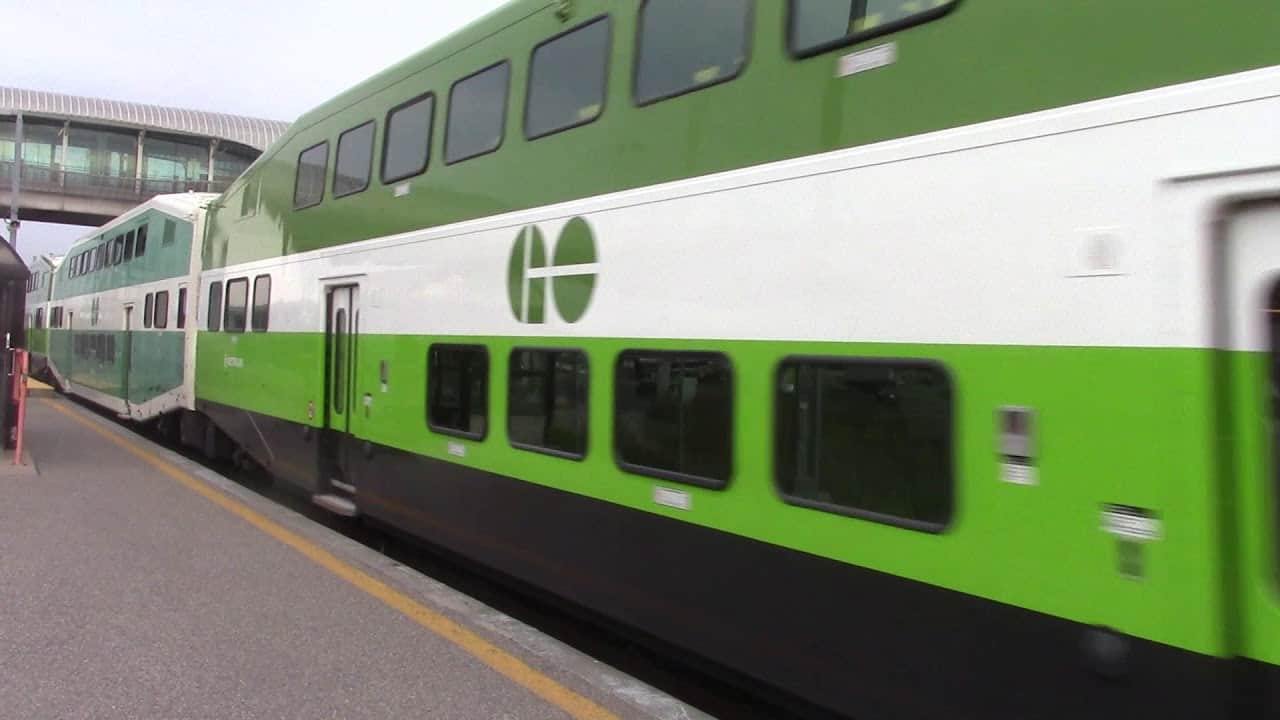Six huge transit projects that will shape Mississauga’s future
Published September 16, 2021 at 1:28 pm

Mississauga has identified its top six transit project priorities as it looks to plan the city’s future.
City Council on Wednesday listed the half-dozen projects it anticipates will eventually reduce gridlock, ease congestion and ensure residents, visitors and commuters can access improved local and regionally connected public transit.
All levels of government have a role to play in making these projects a reality, City officials say.
“Our goal is to get Mississauga moving and to give people an option other than the car,” said Mayor Bonnie Crombie. “The priority transit projects we have identified will connect our communities from the Airport Corporate Centre to our downtown core to the city’s waterfront, and to our neighoburs to the east and west.
“These rapid transit lines will spur growth and development in our city, create jobs and service essential businesses, and allow us to achieve our goal of building complete, healthy communities where people can live, work and play.”
Crombie added the City is constantly pushing to get federal and provincial levels of government to the table to work together to get these crucial projects completed.
The projects are:
- Lakeshore Bus Rapid Transit (BRT)/Lakeshore corridor
- Dundas BRT
- Downtown Mississauga Terminal and Transitway Connection
- Extension of the Eglinton Crosstown West light rail transit (LRT)
- Milton GO Rail Corridor
- Hurontario LRT Downtown LRT Loop
The Lakeshore BRT/Lakeshore corridor project seeks to better connect Lakeview, Port Credit and Clarkson over the next 25 years, as well as the mobility needs of those living and working in the entire corridor.
The BRT will run for two kilometres on Lakeshore Rd. between Etobicoke Creek and East Ave.
A walking and cycling bridge across the Credit River, just north of Lakeshore Rd., is also in the works.
Both provincial and federal governments have announced funding for the first section of the BRT.

The Dundas BRT, when complete, will be a critical part of the regional transit network, connecting to both the Hurontario LRT and Milton GO line.
Metrolinx, the Crown agency that manages public transportation in the Golden Horseshoe, is in the process of getting funding to move to the next phase of the project. Also, Mississauga has applied for money under the Investing in Canada Infrastructure Program.
The Downtown Mississauga Terminal and Transitway Connection links the existing transitway along Rathburn Rd./Centre View Dr. through the downtown core, with a terminal that serves both MiWay and GO Transit. When complete, it will serve four modes of transit.
The terminal is key in supporting future downtown growth, the City says.
Metrolinx is in the process of securing funding to move the project to the next phase, which is preparation of a preliminary design business case.
The extension of the Eglinton Crosstown West LRT will serve the Airport Corporate Centre, the second-largest employment cluster in the GTA, and connect to Pearson Airport.
The City is working with Metrolinx to identify permits and approvals needed for tunnel work.
Funding for this project is being delivered through Infrastructure Ontario’s Public-Private Partnership (P3) model.

The Milton GO Rail corridor, which runs through the heart of Mississauga, is the third-busiest along the GO network, serving more than seven million passengers each year. All-day, two-way service on this line is critical to unlocking Mississauga’s future potential, City officials say, as the city is now a net-importer of jobs.
The federal government in August committed to its share of funding for the project, but the provincial government has yet to confirm its financial commitment.
The Ontario government announced in 2019 that it was removing the Hurontario LRT Downtown Loop from the overall project. However, City officials say it’s crucial the downtown loop is reintroduced to the LRT project in order to best serve growth in the area.
The City is pushing provincial and federal governments for funding.
Geoff Wright, Mississauga’s commissioner of transportation and works, said transit improvements are crucial to the city’s future.
“We are being strategic, moving forward with the right projects for growing a multi-modal transportation system that offers safe and efficient ways to move around the city and connect with other destiniations,” said Wright.
Shari Lichterman, the City’s chief financial officer, said: “Understanding, identifying and confirming our transit-related priorities allows us the insight we need when reviewing our capital budget where there are many competing priorities and limited municipal resources to fund them.”
INsauga's Editorial Standards and Policies



